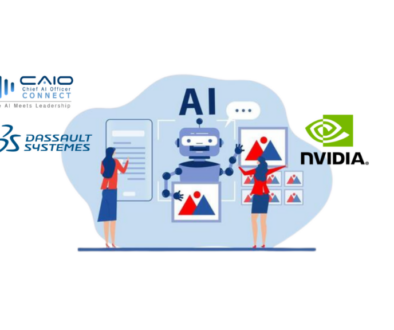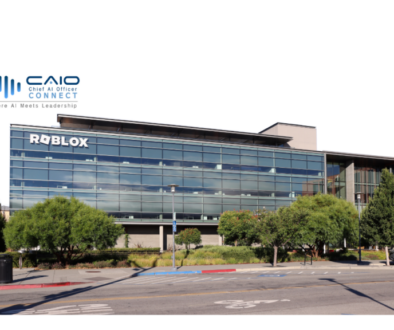Dr. Girish Nadkarni on Building a Learning Health System with AI and Setting New Standard for Enterprise AI in Healthcare
In a new episode of the CAIO Connect Podcast hosted by Sanjay Puri, Mount Sinai Health System’s approach to artificial intelligence is emerging as a blueprint for enterprise AI transformation. The institution is redefining how major healthcare organizations deploy AI, moving beyond isolated pilot projects to create what leaders call a true “learning health system” — one that continuously evolves through data, testing, and rapid implementation cycles.
Dr. Girish Nadkarni, Chair of the Wendrich Department of Artificial Intelligence and Human Health and Chief AI Officer at Mount Sinai, recently shared insights into the system’s transformative approach on the podcast. His message to enterprise leaders is very clear: successful AI implementation isn’t about having the latest models — it’s about building systems that integrate into human workflows while delivering measurable value.
“We’re not just watching the AI revolution in healthcare — we’re leading it,” said Dr. Nadkarni, who oversees AI strategy across Mount Sinai’s eight hospitals serving millions of patients annually. “The key is starting with the why. What problem are you solving? Does your technology meet people where they are?”
Mount Sinai’s approach emerged from necessity during the COVID-19 pandemic when the health system became “the epicenter of the epicenter”. Facing an unknown disease, the institution discovered knowledge and applied it in real-time using computational tools — the essence of a learning health system. This experience catalyzed Mount Sinai’s current AI transformation under CEO Brendan Carr and Chief Digital and Information Officer Lisa Stumpf.
The system’s methodology challenges conventional top-down technology implementation. “Include end users in every step — ideation, development, planning, deployment,” Dr. Nadkarni emphasized. “When people are involved, they become evangelists for the technology because they see how it solves their actual problems.”
Mount Sinai’s AI governance framework addresses critical issues facing all enterprises, particularly after recent research showed large language models can change ethical decisions based on demographic cues. The institution employs rigorous pre-deployment assurance, post-deployment monitoring, and what Dr. Nadkarni calls a “risk rubric” — evaluating decisions based on speed requirements, reversibility, criticality, and proximity to patient care.
A groundbreaking study with Mayo Clinic involving over 500 nurses demonstrated that AI can perform equivalently to experienced healthcare workers in emergency room admission decisions — but with appropriate human oversight. “This is an example of AI arbitrage: trading knowledge for time,” explained Dr. Nadkarni. “AI gives clinicians two hours to make critical decisions instead of two seconds.”
The system’s infrastructure includes partnerships with institutions like the Hasso Plattner Institute and access to the largest supercomputer in the New York area. But Dr. Nadkarni stresses that technology alone isn’t enough: “We need AI scientists, but also clinicians, implementation specialists, qualitative researchers, and storytellers. You need different phenotypes to build a functioning organization.”
Mount Sinai’s return-on-investment calculations extend beyond financial metrics to include clinician satisfaction, patient experience, workforce retention, and burnout prevention. Ambient scribes, for instance, may not show high financial ROI, but they dramatically improve doctor-patient interaction by eliminating computer-focused documentation during appointments.
Looking ahead, Dr. Nadkarni identifies graph neural networks as the next frontier — moving beyond linear transformer models to more sophisticated world model understanding. His advice to fellow Chief AI Officers: “Build infrastructure that spans the enterprise, not just point solutions. Build to scale, not to pilot. And never compromise on ethics and bias testing.”
For healthcare systems and enterprises across industries, Mount Sinai’s transformation offers a blueprint for responsible, effective AI implementation that puts human needs first while delivering measurable business outcomes.



